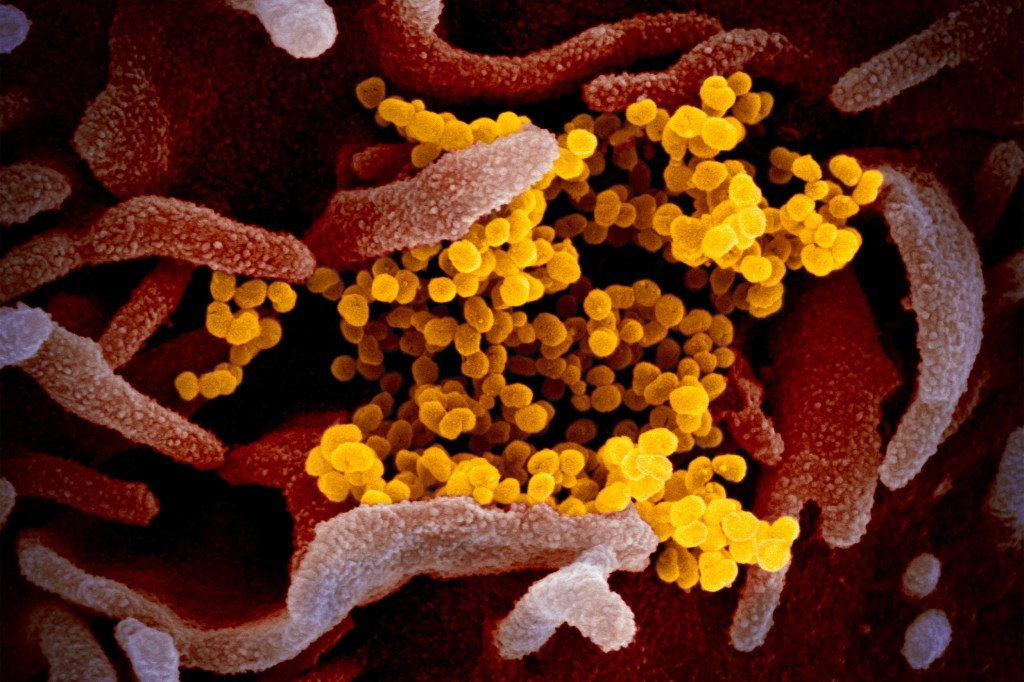Health
-

Six cancers rising faster in younger adults than older ones
Large new global study fuels growing concern over trend of increases in several types

-

What’s next for GLP-1s?
Scientists eye new treatment targets for popular weight-loss drugs, from heart failure to addiction
-

Pricey blockbuster GLP-1s are costing users — and most of the rest of us, too
Health insurers are passing along cost for coverage in form of higher rates across the board, policy researcher says
-

Drinking 2-3 cups of coffee a day tied to lower dementia risk
Caffeinated tea also found to slow cognitive decline in study

-

New AI tool predicts brain age, dementia risk, cancer survival
Unlike other AI models, BrainIAC needs limited data to ID key neurological health indicators

-

It’s time to get more comfortable with talking about dying
Palliative care physicians offer advice for end-of-life conversations between patients, loved ones
-
Insomnia in a pandemic
The Harvard T.H. Chan School of Public Health hosted an online forum on “Coronavirus, social distancing, and acute insomnia: How to avoid chronic sleep problems before they get started.”

-
COVID-19 may not go away in warmer weather as do colds
Harvard researchers are turning to two common cold viruses to learn lessons about how the coronavirus that causes COVID-19 might behave in the coming months.

-
COVID-19 targets communities of color
Harvard scholars discuss health care disparities in the age of coronavirus.

-
Coronavirus and the heart
Heart damage has recently emerged as yet another grim outcome in the virus’s repertoire of possible complications.
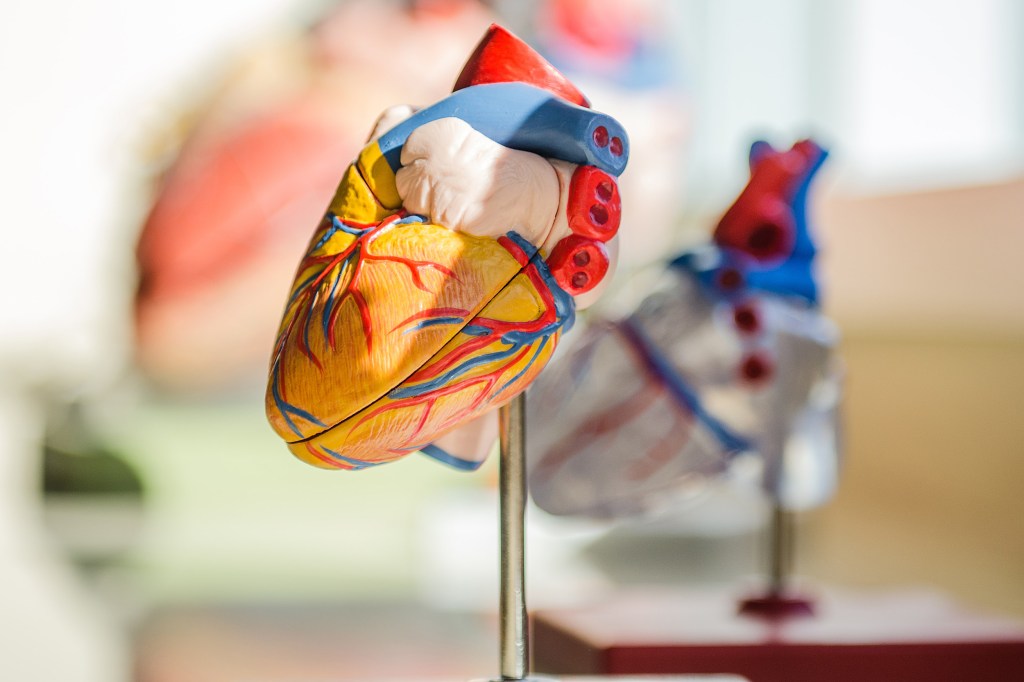
-
Global race to a COVID-19 vaccine
Team at Harvard plans to launch a clinical trial for a potential COVID-19 vaccine in the fall.
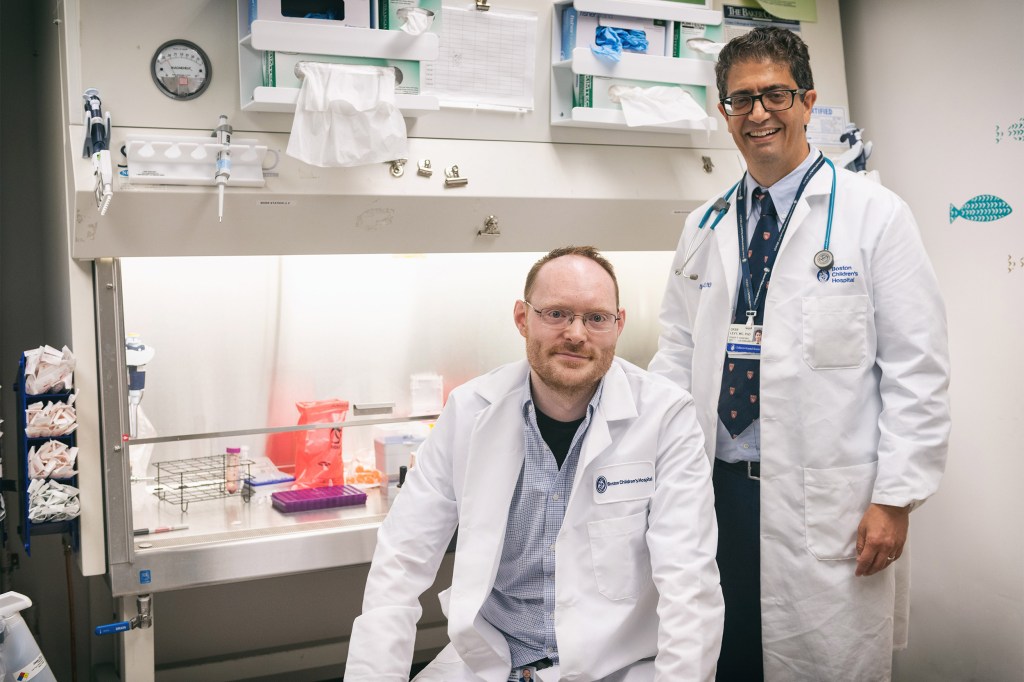
-
Relearning ways to grieve
With everything from hugs to funerals now forbidden or unrecognizable, a Harvard T.H. Chan School of Public Health online forum focused on “How the Discomfort of Grief Can Help Us: Recognizing and Adapting to Loss During the COVID-19 Outbreak.”

-
Hope for managing hospital admissions of COVID-19 cases
A top emergency-preparedness official with Harvard-affiliated Massachusetts General Hospital says recent modeling shows social distancing is working to flatten the curve.

-
Innovating to train medical pros on using mechanical ventilators
Harvard and EdX, the virtual learning platform founded by Harvard and MIT, announced the launch of a free online course designed to train frontline medical professionals to operate the mechanical ventilators needed to treat COVID-19 patients.
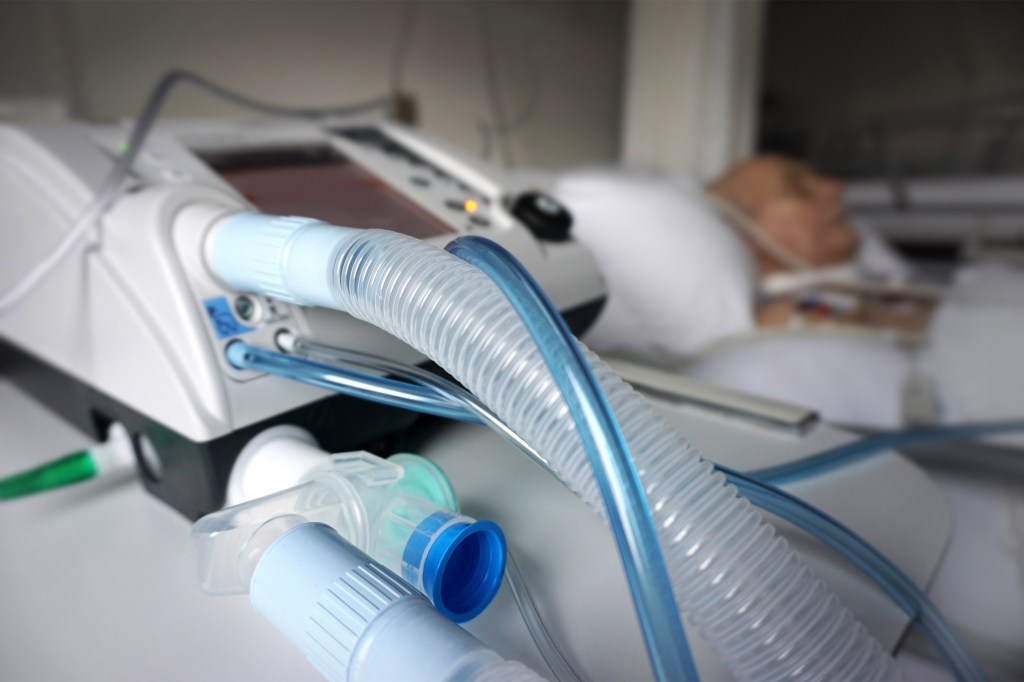
-
Injections to become pills, in vision of Harvard-launched startup
New formulations enable oral delivery of therapeutics traditionally delivered intravenously.
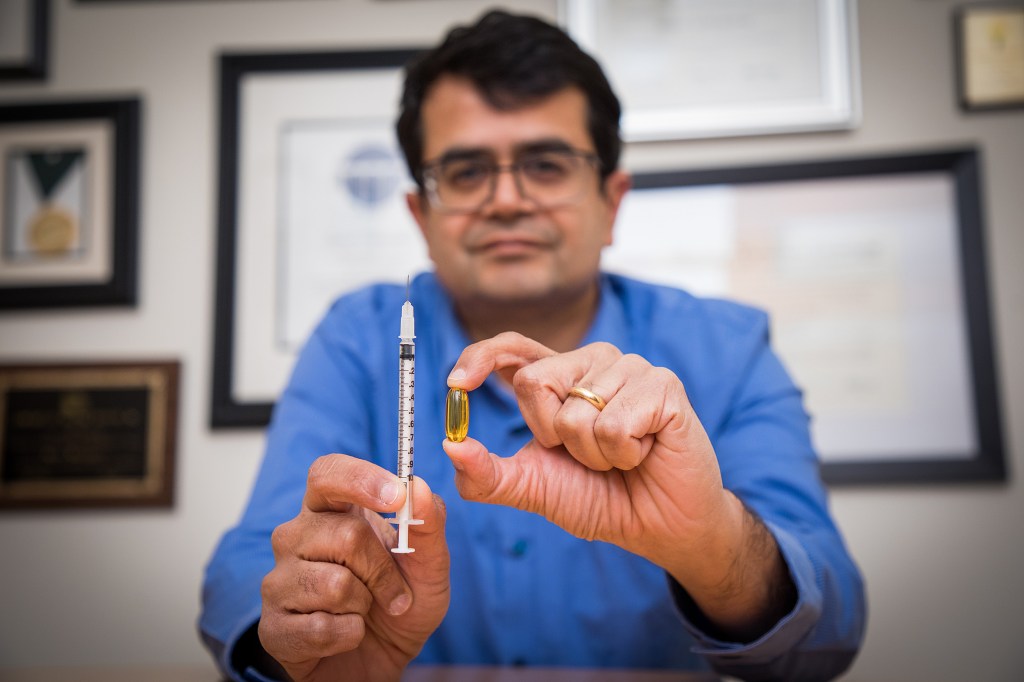
-
A flawed masterpiece
In a new paper published in Cell, Harvard researchers exploring the genetic features that help make the knee possible found that the regulatory switches involved in its development also play a role in a partially heritable disease.
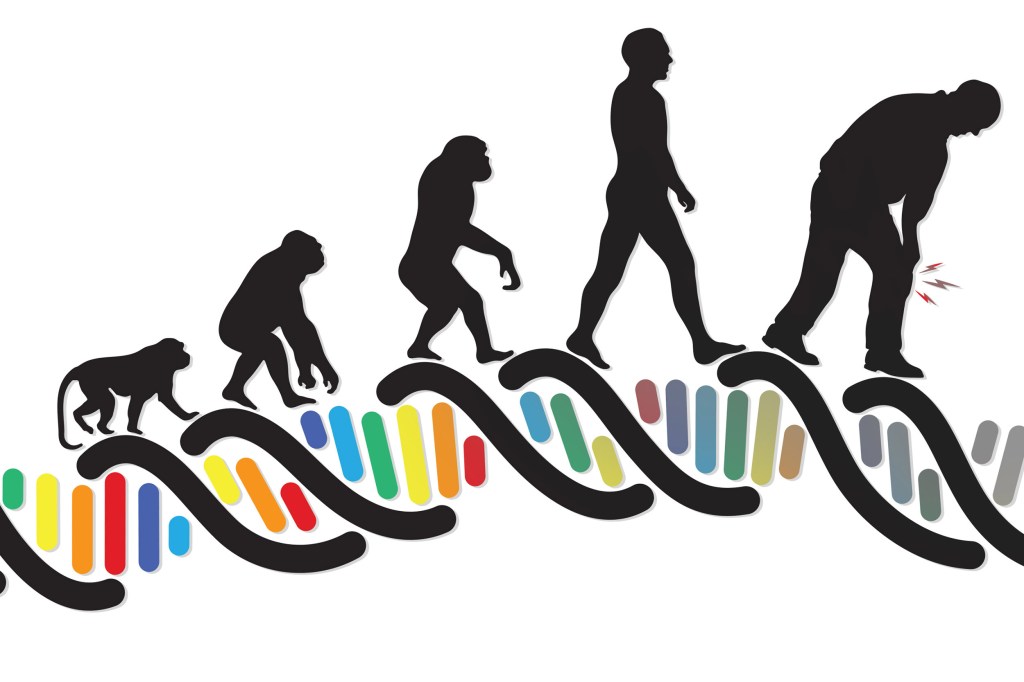
-
How masks and buildings can be barriers to the coronavirus
According to Harvard’s Joe Allen, coronavirus is likely being transmitted in buildings through ventilation systems. But there are ways to minimize risks.

-
From a care of souls to the care of bodies
Kevin Cranston discusses the critical and continuing need for adequate testing and about how data helps inform policy and procedures during a pandemic.

-
Epidemiologist says COVID-19 may be more infectious than thought
Efforts to protect nursing home patients should include moving residents from facilities and increased testing, said Harvard epidemiologist Michael Mina.
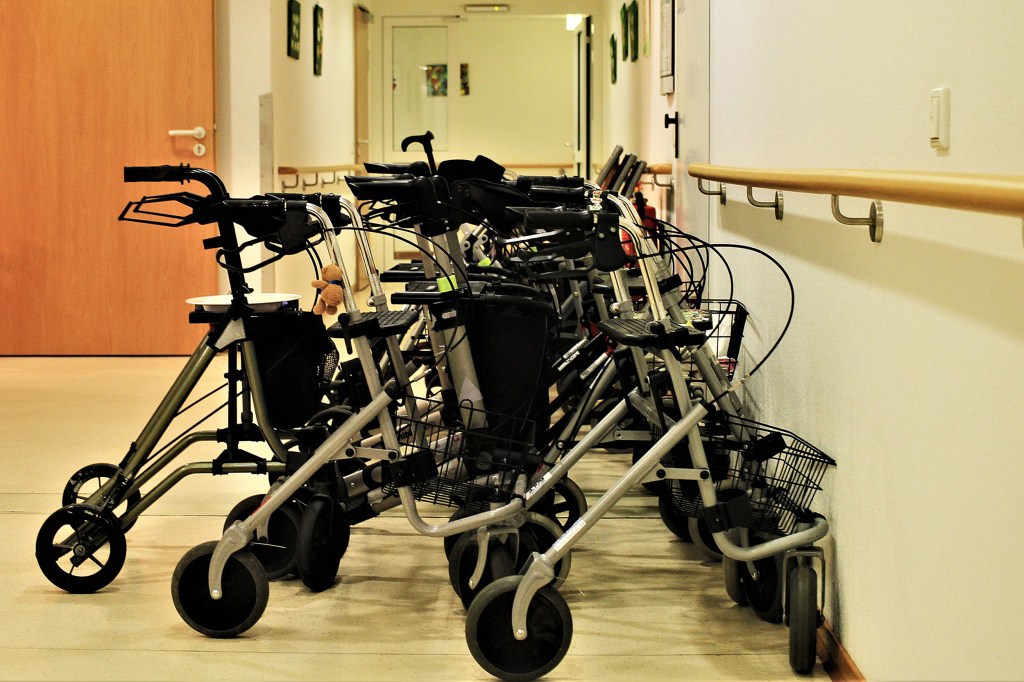
-
Harvard to help track the virus
Soon hundreds of students from the Harvard T.H. Chan School of Public Health will begin assisting with phone calls and emails, and taking part in efforts to identify and reach out to anyone who may have come into contact with someone infected with the novel coronavirus.

-
Ways to redirect our response to COVID-19 anxieties
Third in series of Chan School forums offers tips for dealing with COVID-19 anxieties.

-
Mask decontamination methods: Strengths, weaknesses, gaps
As health care workers resort to mask reuse, a coalition of professionals compares risks, benefits of major decontamination methods.
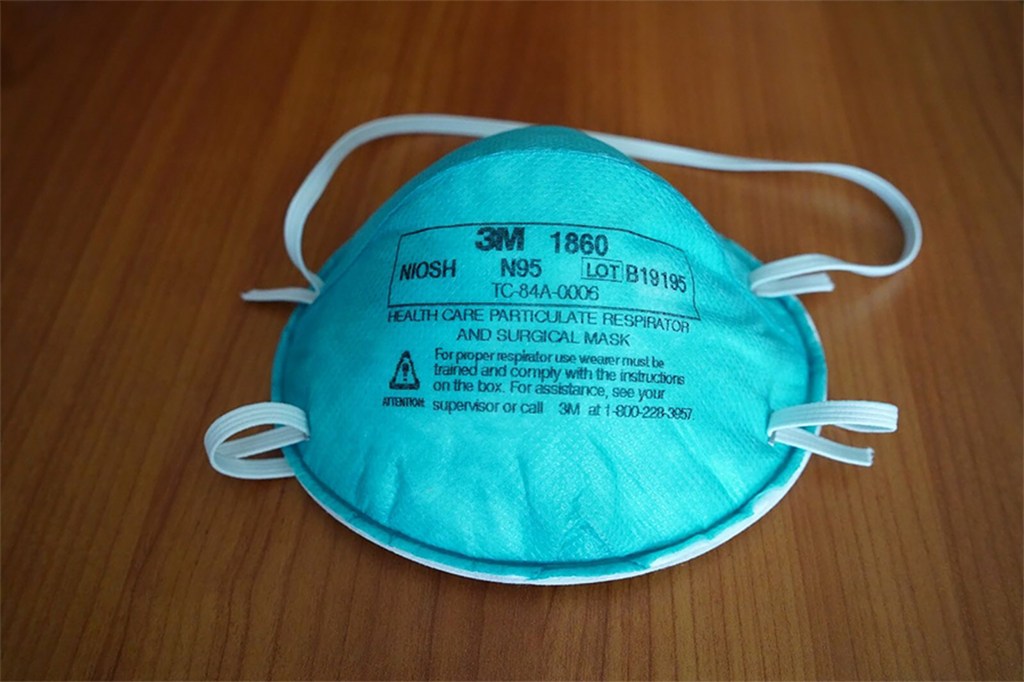
-
Organized to fight the pandemic
The newly formed Massachusetts Consortium on Pathogen Readiness aims to address both the immediate and long-term implications of the coronavirus crisis. The effort, led by Harvard Medical School, will work to stem the tide of COVID-19 but, more importantly, to lay the groundwork for dealing with future pandemics.

-
From the lab to COVID front lines
Aldatu Biosciences, a company born in Harvard’s labs and nurtured in its entrepreneurial ecosystem, helps the region ramp up COVID-19 testing.

-
New blood test can detect wide range of cancers
In a study involving thousands of participants, a new blood test detected more than 50 types of cancer as well as their location within the body with a high degree of accuracy.
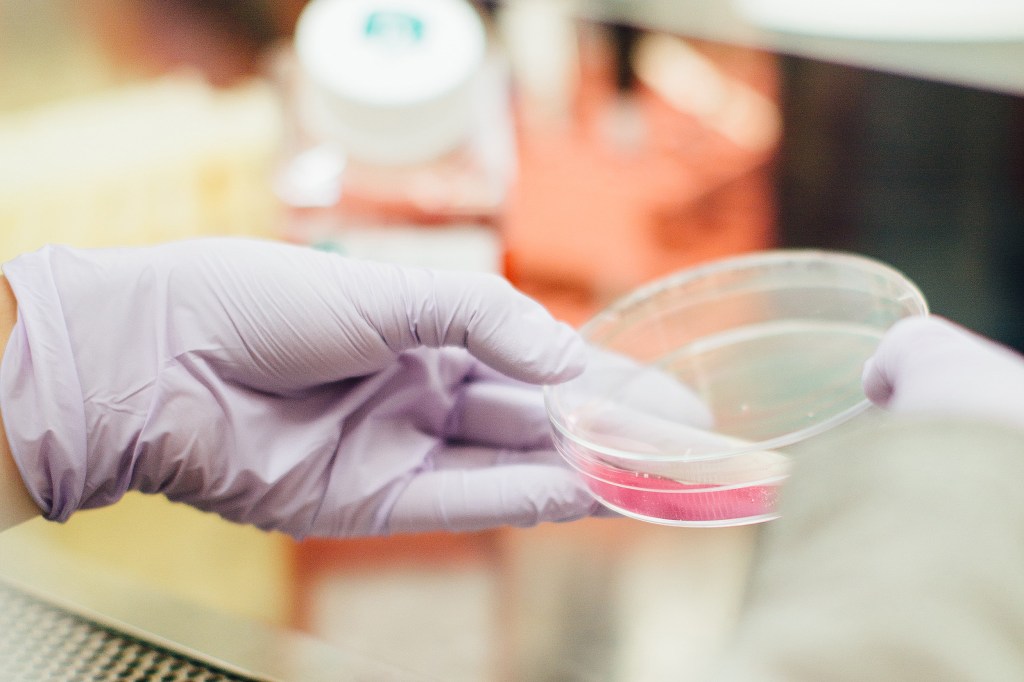
-
A multipronged attack against a shared enemy
As the pandemic intensifies, Harvard scientists work to find a treatment.
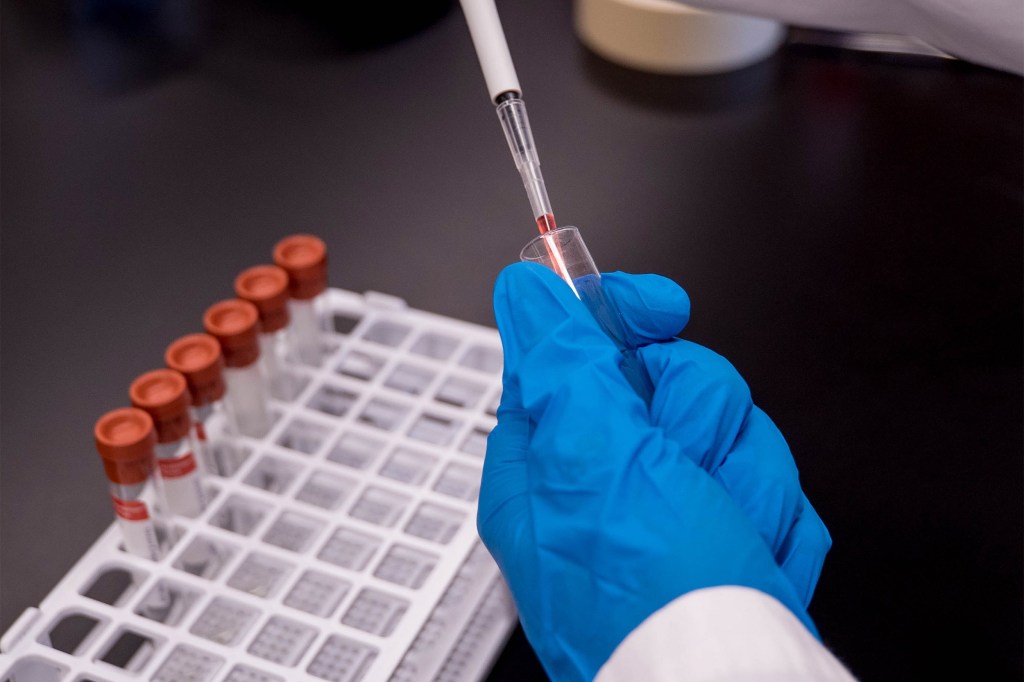
-
‘If you remain mostly upright, you are doing it well enough’
Office of Work/Life Director Nancy Costikyan gives tips and resources for staying sane and productive while working from home.

-
On-again, off-again looks to be best social-distancing option
Social distancing could allow a level of infection that can be handled by the health care system, but would build enough immunity to strangle the epidemic.

-
Online forum aims to teach how to deal with pandemic stress
Chan School online forum aims to teach how to deal with pandemic stress.

-
Harvard Medical School students mobilize
To help in that effort, within days of the escalation of infections in Massachusetts, hundreds of Harvard Medical School students began mobilizing to provide voluntary support to clinicians.

-
Labs donate protective equipment to health care workers
As University facilities close, faculty and staff gather gear to pass along amid a nationwide shortage.

-
Harvard coronavirus survey: How’re we doing? Not bad so far
An ongoing survey by researchers at the Harvard Humanitarian Initiative is examining public attitudes toward the coronavirus pandemic.

-
Could a new test identify immunity?
Harvard epidemiologist Marc Lipsitch outlined several scenarios — most of them bad — for getting America back to work
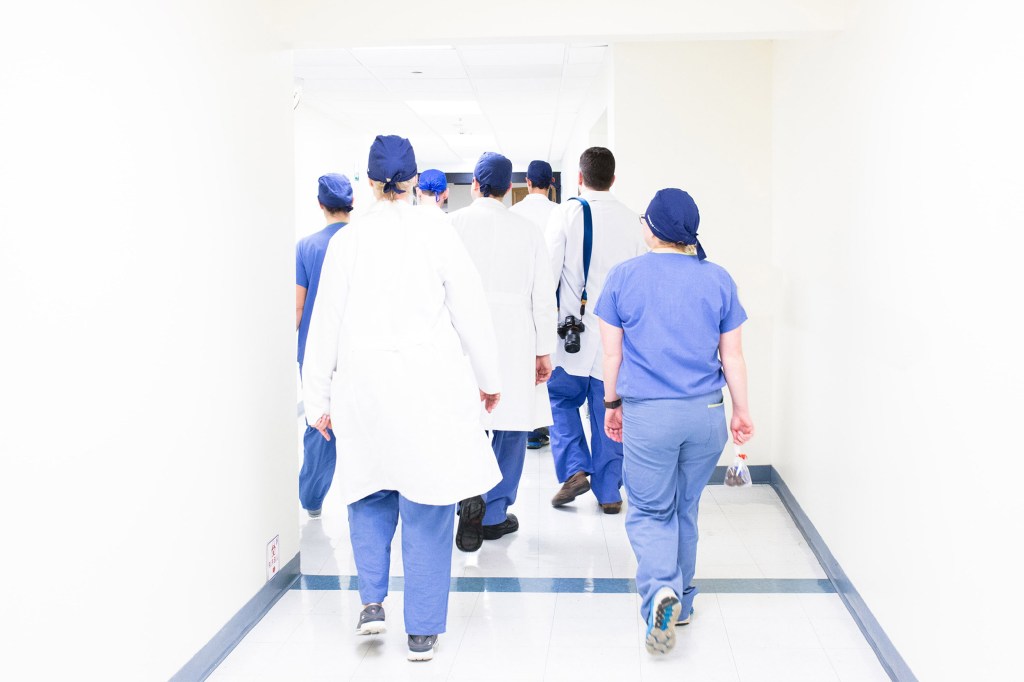
-
App predicts hospital capacity
Harvard’s Global Health Institute puts its research expertise into motion, helping hospitals assess capacity and quality of care so they can prepare for COVID-19 patients appropriately.
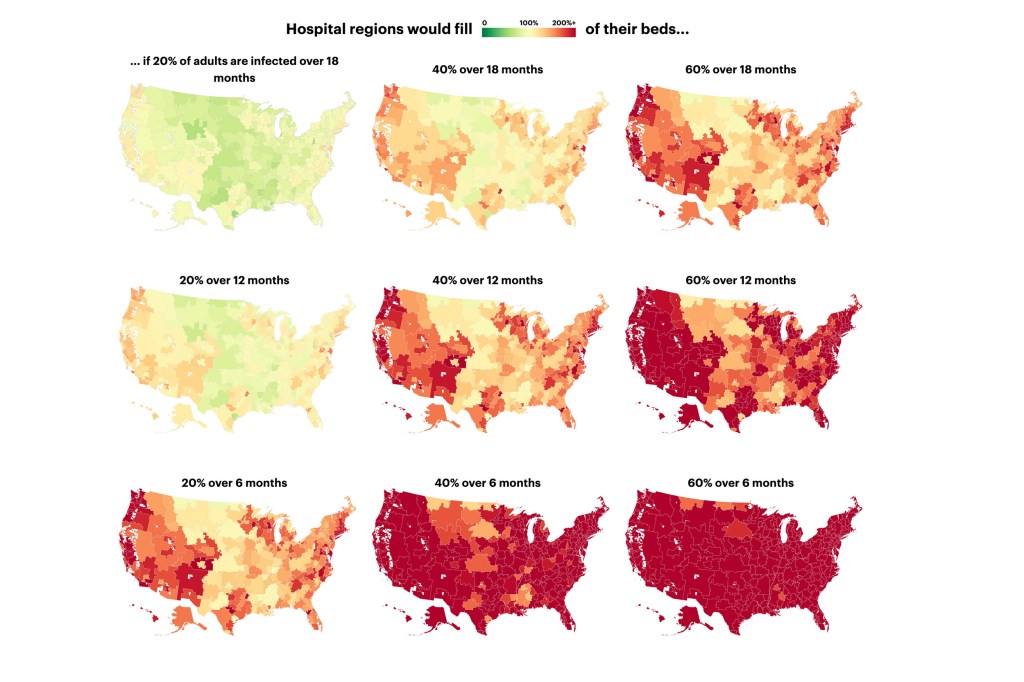
-
Talking about the emotional toll of the pandemic
The Harvard Chan School of Public Health will launch a series of weekly interactive forums to discuss issues and options.

-
COVID test debacle: ‘We hoped it would go away before it reached us’
Massachusetts may need 1.4 million COVID-19 tests and ramp up to tens of thousands given a day, Harvard experts said.
